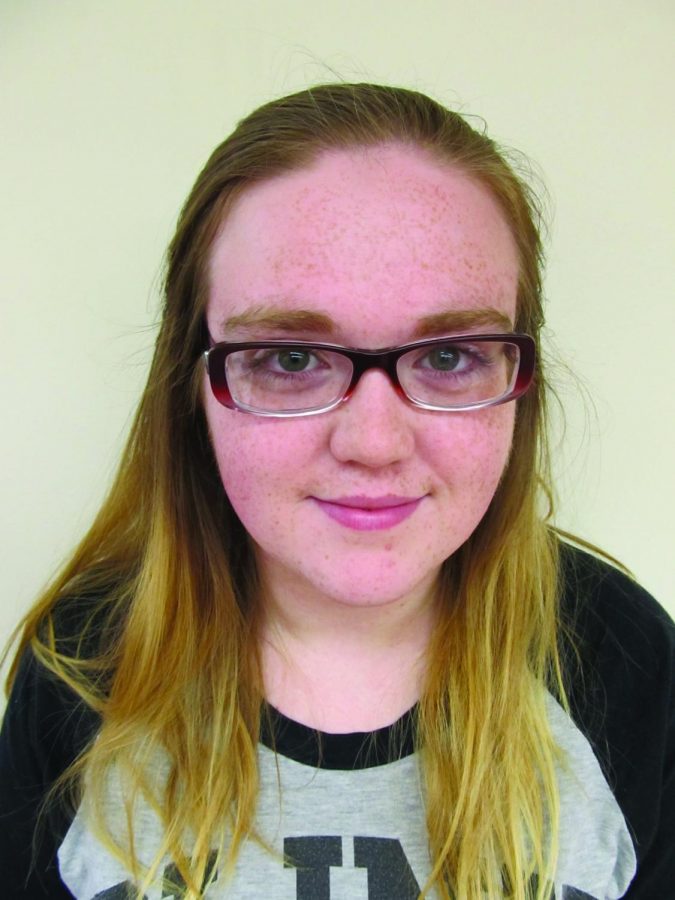UNA students should research to prevent stereotyping
October 3, 2013
I walk across the parking lot with my boyfriend. We talk about our day, our homework, our families. We smile at people as they pass by, but they simply stare at us in shock, with confusion and often disapproval. They don’t know us, yet they have already decided what they think.
As I look down at my clothes, I know exactly why they stare. I am dressed in traditional Middle Eastern attire — abaiyah and hijab — which are also considered Islamic garb. My boyfriend wears a thobe and keffiyeh, also traditional dress. Tonight is National Saudi Day and my boyfriend’s friends asked me to dress in their traditional style. I show my support proudly.
My boyfriend is from Saudi Arabia. He has caramel skin, curly black hair and speaks Arabic more often than not. Simply walking into Wal-Mart you can see the looks, the stares and the whispers “terrorist.” Because we live in the South, people often ask me, “What do you expect?”
I expect educated judgment. Geography is not an excuse for behavior. I expect my peers to do their research – to understand that not all Muslims are terrorists. Anyone who has taken a history class knows about the crusades of the Middle Ages. Christians, primarily Catholic Europe, killed millions of Muslims and Jews predominantly because of religious differences. Terrorists are a breed in and of themselves – they know no culture, religion or gender. Americans and Saudis, Christians and Muslims, men and women each have had their share of terrorists.
Sometimes my friends ask me how I can do it, having a boyfriend who most people think is here to terrorize. It’s simple – I educate myself. I read the truth. I read facts from both my country and his, and I try to understand their culture as best I can. I’ve read parts of the Quran to better understand the dress and the abstinence from pork and alcohol. I look at my boyfriend and every single one of his friends and see them care for others deeper than anyone I’ve ever known. They welcome strangers into their homes, ask if you need anything at all and would most definitely give you the shirts off their backs if they knew you needed it. They are proud yet humble, as they should be and as they have to be.
I’m not expecting people to stop staring. That’s something I’ve gotten used to. However, I expect people to consider what matters. Does what someone’s wearing matter? Their skin color? How long it takes them to do their hair? What a small percentage of people in their religion have deemed appropriate?
I think people will find that when they educate themselves and do a little research, they will see that what they think of other people says more about themselves than it does about others.


